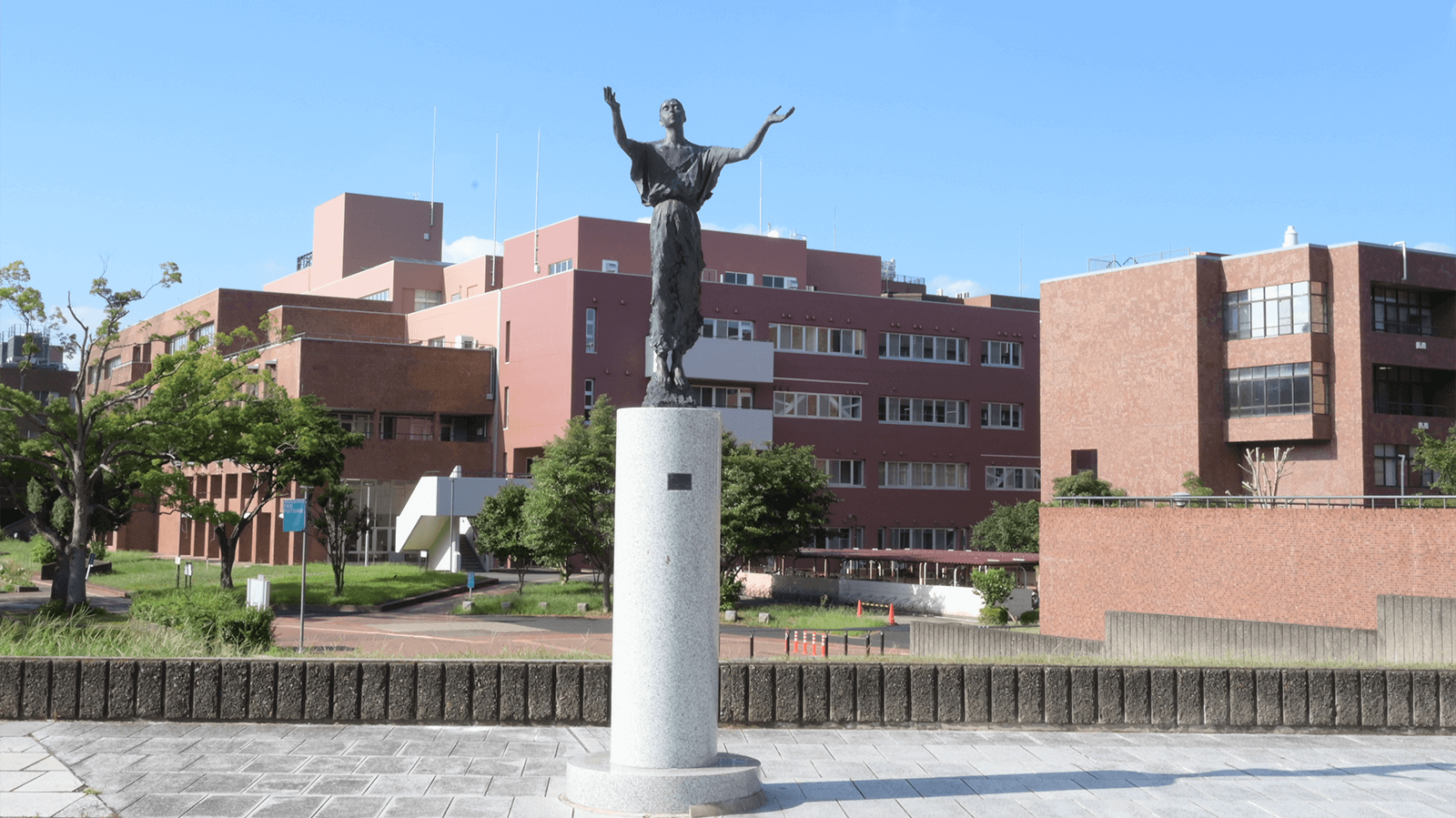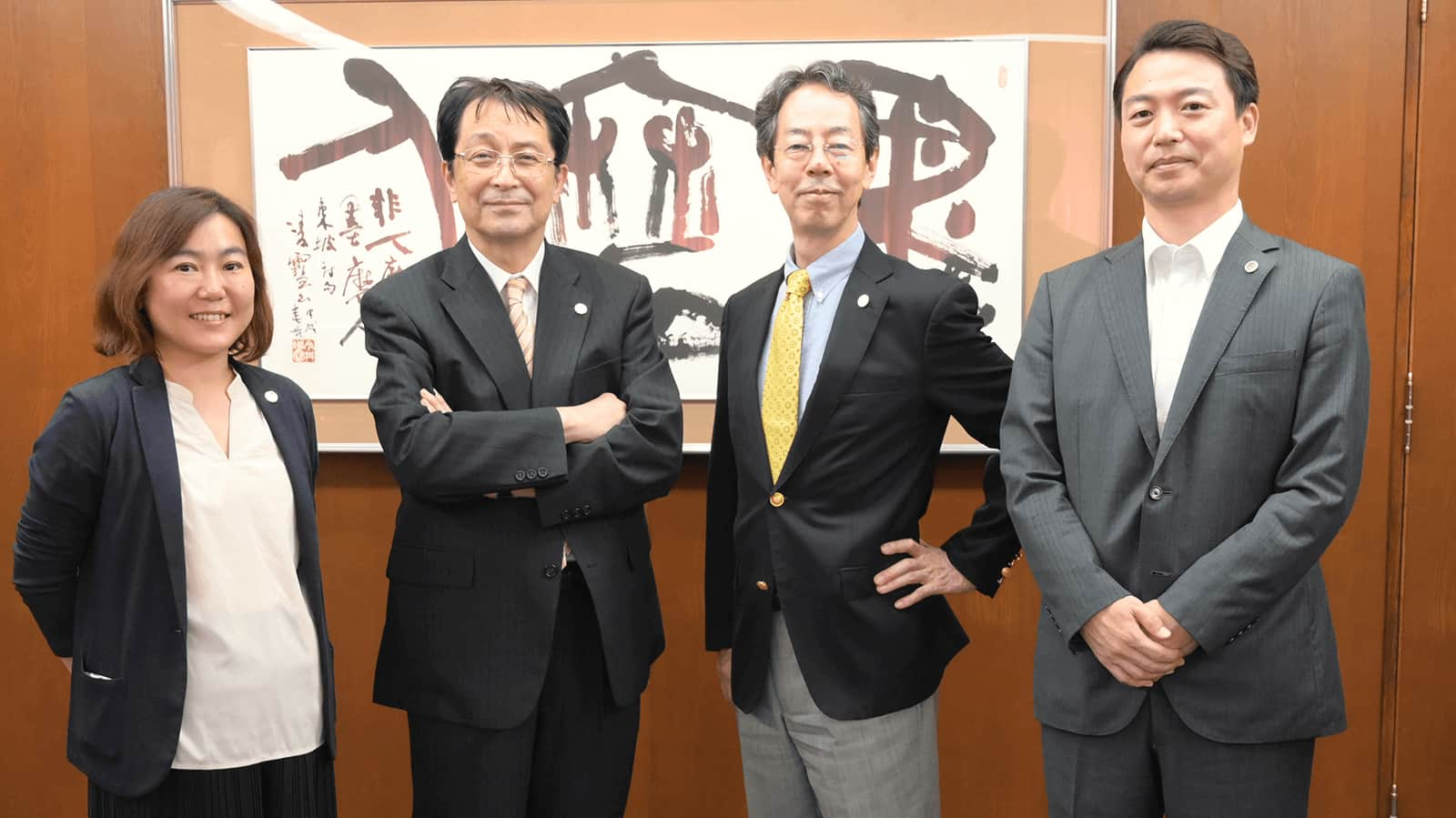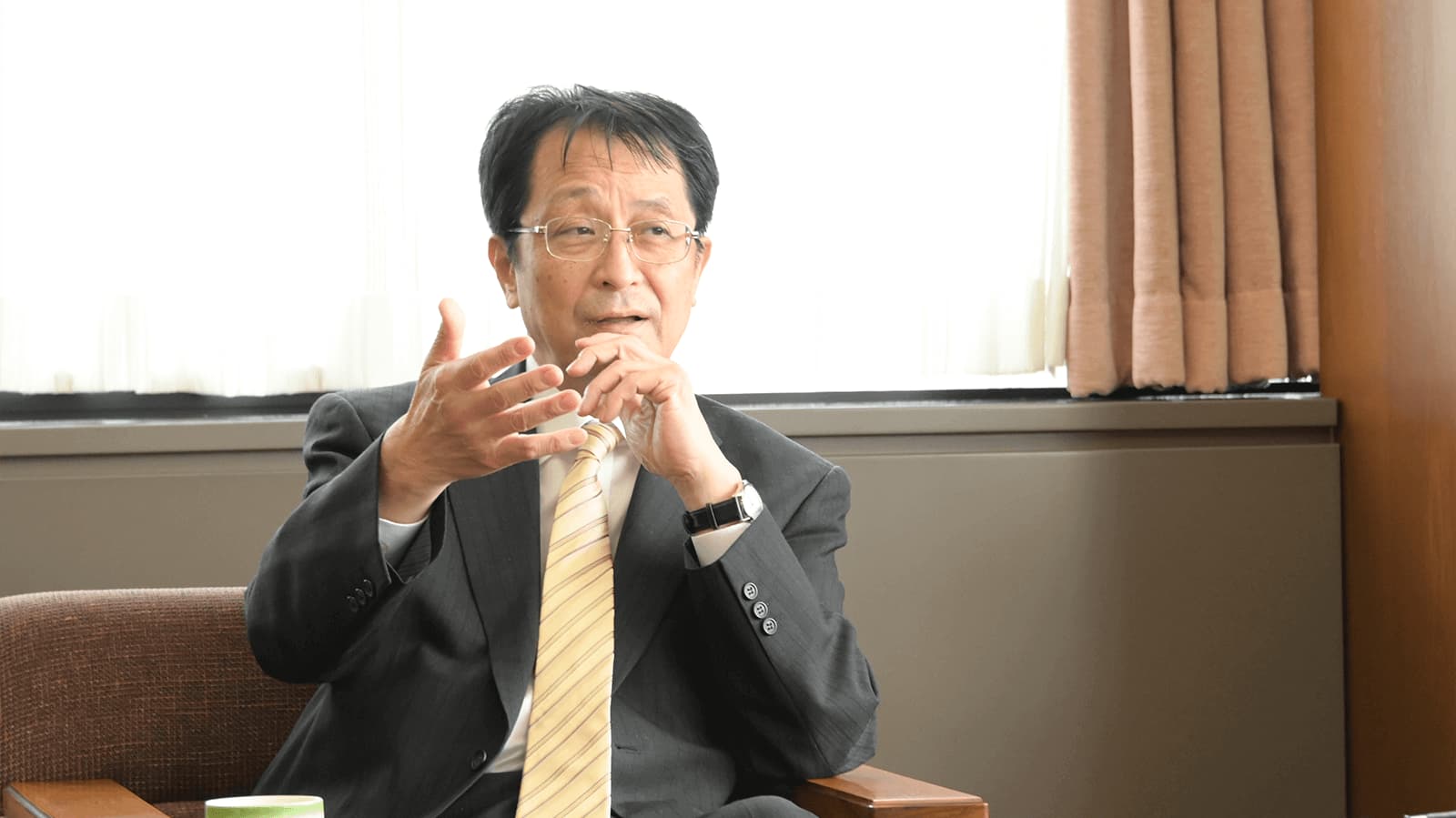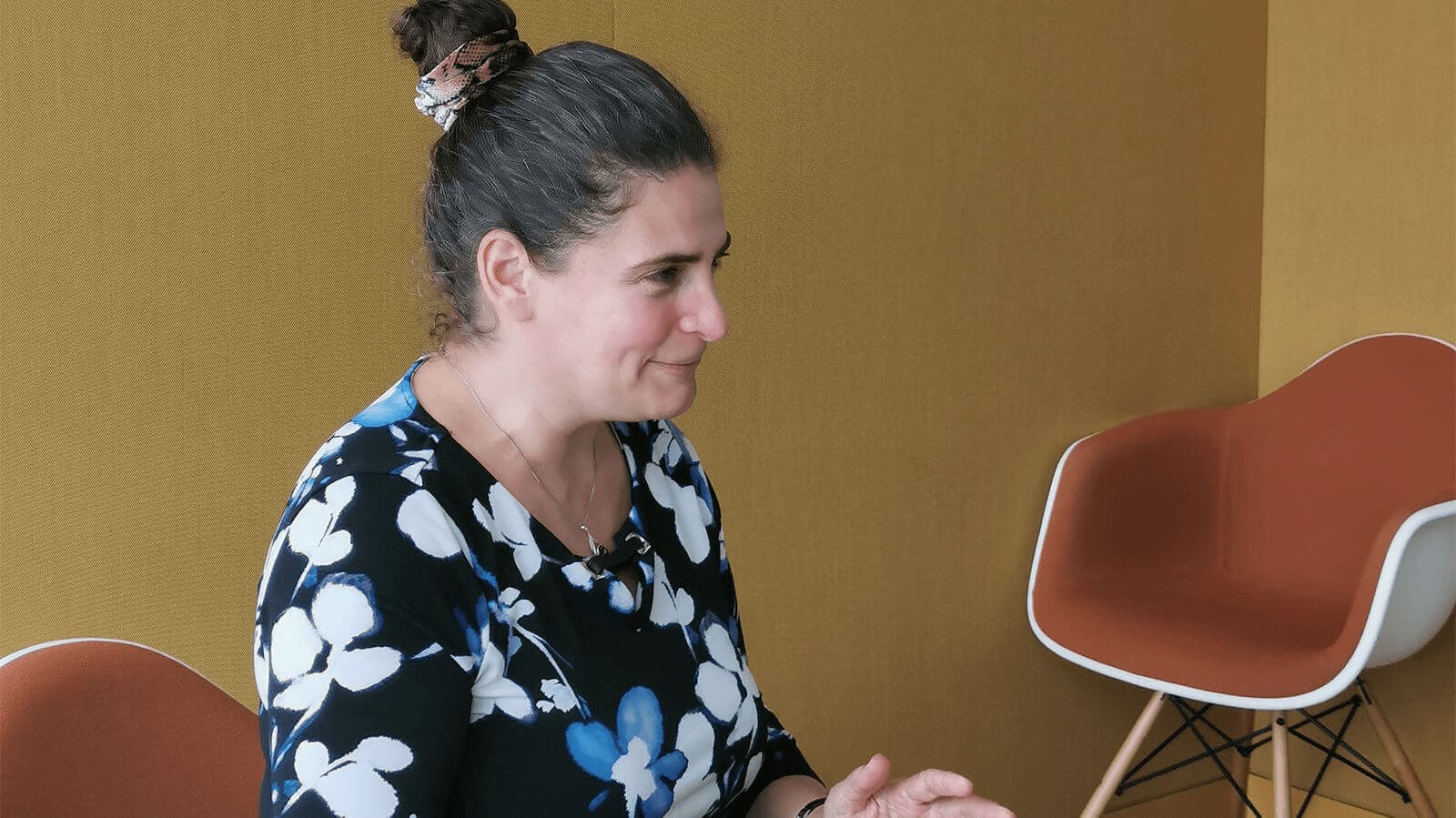An army of two: Partnering to bring about impact awareness and culture change in LSE
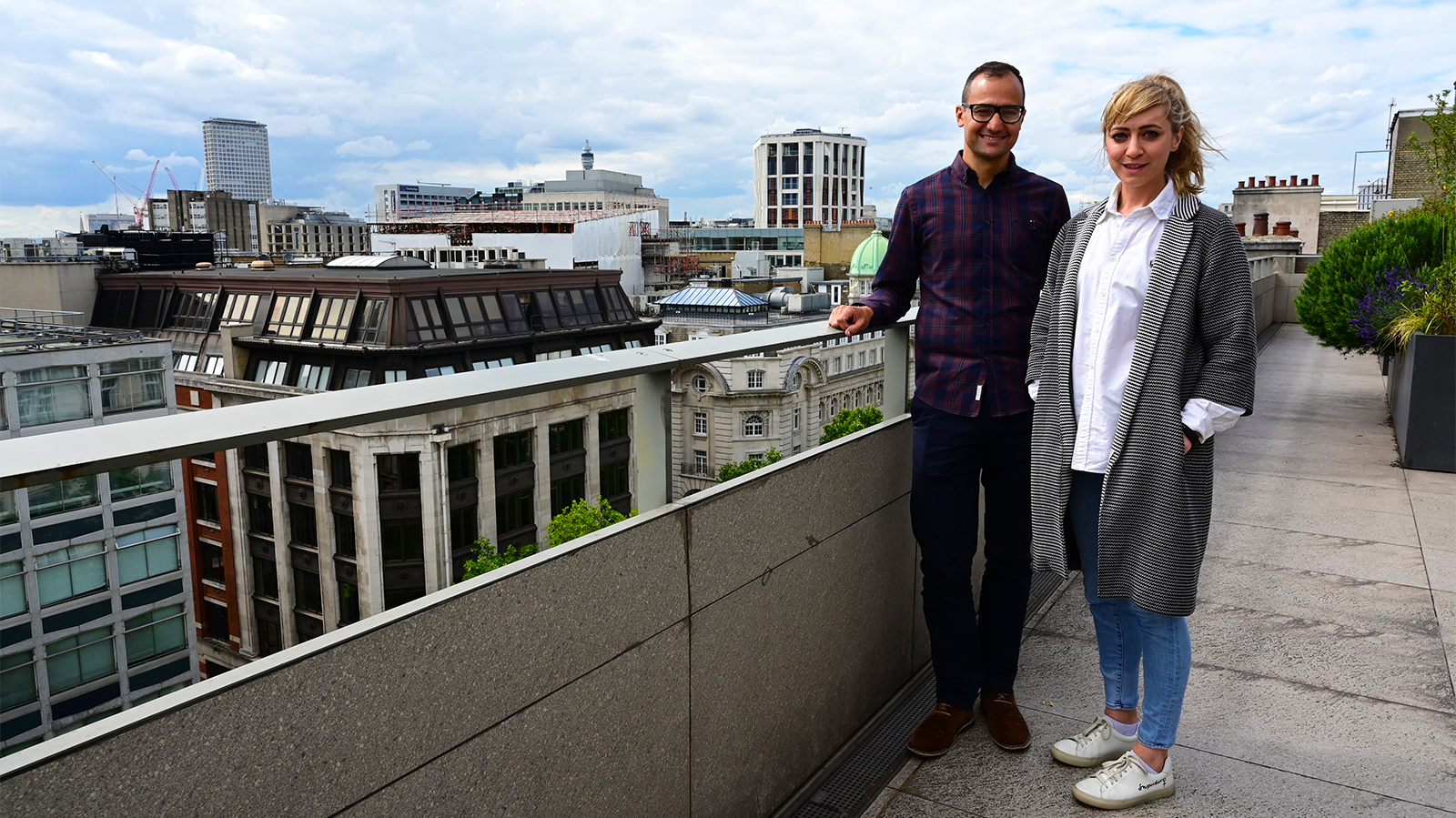
Interview with Rachel Middlemass, Research Impact Manager, and Kieran Booluck, Impact Support Manager, London School of Economics and Political Science
“Just the two of us”
The impact team at LSE comprises only Middlemass and Booluck. “It’s just the two of us in the team and we do similar work,” clarifies Middlemass. “Both of us talk to academics about their impact and help them write that up in case studies. Apart from working with individual academics, we typically work with the research impact coordinators within departments and centers. We also report to the School’s REF Strategy Group and coordinate their input to developing case studies for the REF.”
Pushing for more information
When asked what kind of qualifications or personality make one a good fit for the impact manager role, they clarify that you don’t need a research background. “You’ll be a good fit as long as you have a broad understanding of and interest in research, and your mind is open to the many different ways that research can have a demonstrable effect on the economy or society,” Booluck says. Middlemass adds, “You also need to have some people skills. You spend a lot of time asking people endless ‘so what’ questions! You have to constantly push for more information without alienating or annoying your academic colleagues. It definitely helps to be genuinely interested in their work.”

Picking stories that deserve attention
LSE allocates a “fairly significant amount” of funding to support impact–related projects; contributing to decisions about the allocation of these funds is also part of Middlemass and Booluck’s job. The knowledge exchange projects that LSE supports can be great sources for future REF case studies, but there’s no set way of “unearthing” impact. A lot of their understanding of the impact of LSE research comes through conversations. “We rely heavily on conversations with researchers. There’s no automatic notification of impact having happened, so we rely on having sources of intelligence within departments,” Booluck says.
Middlemass adds that they also scan the news for mention of research conducted at LSE to give them a sense of whose work is being discussed, and they try to remain aware of major impact plans in current and recent grant applications. “If somebody thinks they might have a case study, we go and sit down with them for an hour and talk to them about what they’re doing. We’ll discuss their research, who they’re currently talking to, maybe help them think about other people that they could be talking to, if that’s the right sort of stage of development. Then we’ll write all that up for them and send it back to them, and that’s the start of what can be quite a long, iterative process of developing a really good impact story,” says Middlemass.

The challenging task of bringing about culture change
Middlemass and Booluck have the not-so-easy task of facilitating culture change—essentially changing the way people think of research impact. “Part of our job is to help make people care about impact where they didn’t before,” says Middlemass.
Impact case studies submitted to REF2014 demonstrated that impressive impact wasn’t confined to research-intensive institutes. “Excellent impact is being delivered by universities of all types, and some of the less research-intensive places have really great traditions of partnership with non-academic groups and organizations,” says Booluck.

Profile
Rachel Middlemass, Research Impact Manager, London School of Economics and Political Science (LSE).
Rachel Middlemass joined LSE as Research Impact Manager in 2014. Her role involves providing support for the delivery, documentation, and evidencing of research impact.
Middlemass’s stint with research impact began in 2011 at University of East London where she was the Research Impact Coordinator. She was simultaneously working on her PhD degree from the University of Nottingham. In 2012, she joined University College London (UCL) as Senior Editorial Consultant where she managed the Research Impact Curation team that helped departments across UCL develop case studies of research impact for REF2014. She also helped develop new tools and processes to store and search for examples of research impact.
Kieran Booluck, Impact Support Manager, London School of Economics and Political Science (LSE)
Before taking on the role of Impact Support Manager at LSE in November 2018, Booluck was editor of the LSE Impact Blog, which publishes on topics related to academic research, scholarly communications, and research policy and evaluation.
Booluck comes with an academic publishing background. Before joining LSE, he was at Emerald Group Publishing, where he was responsible for the editorial development and profitability of academic journals. He previously played a key role in the launch of Emerald’s new journals, from market research to training of editorial teams to creating proposal collaterals.



